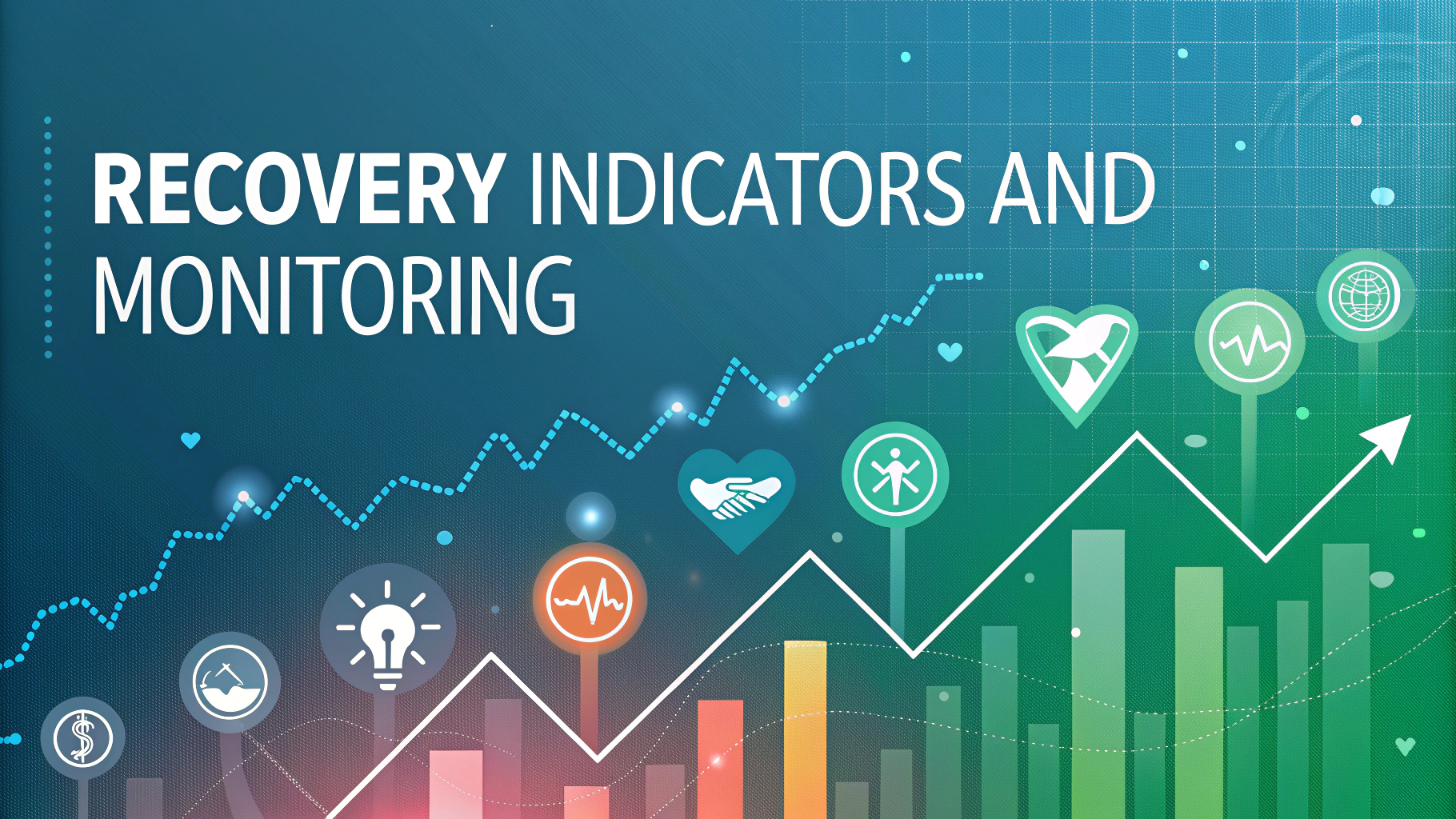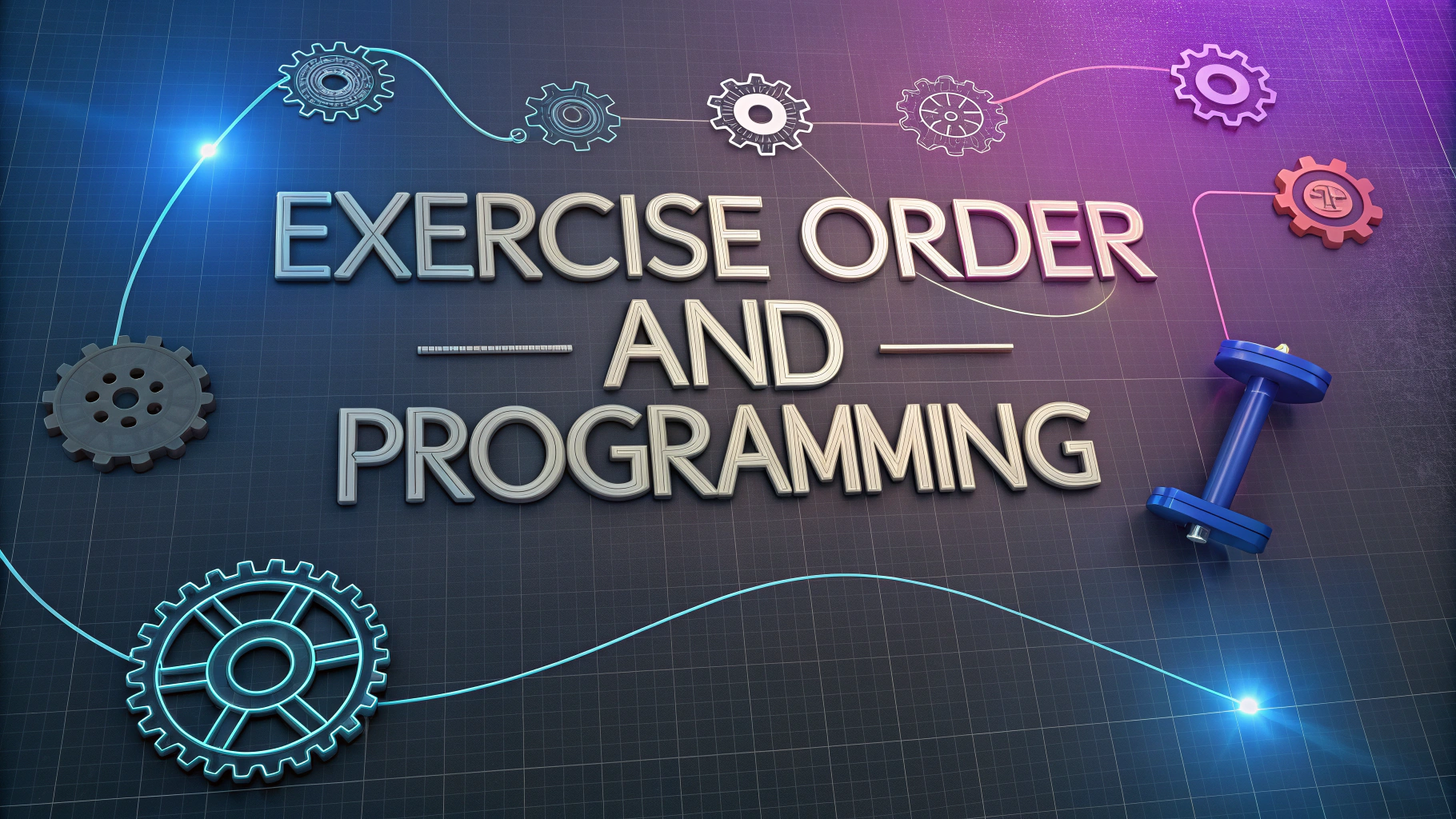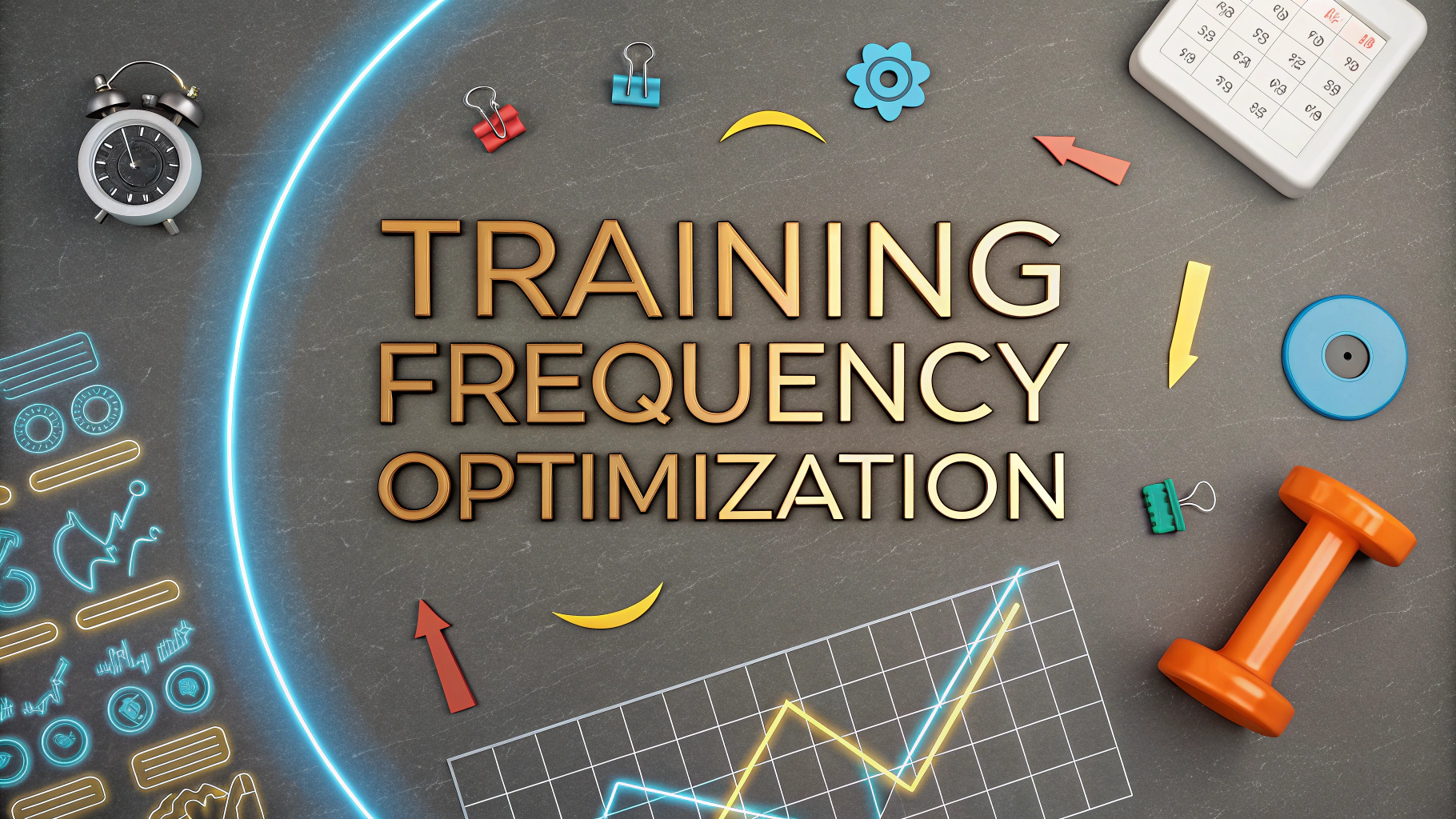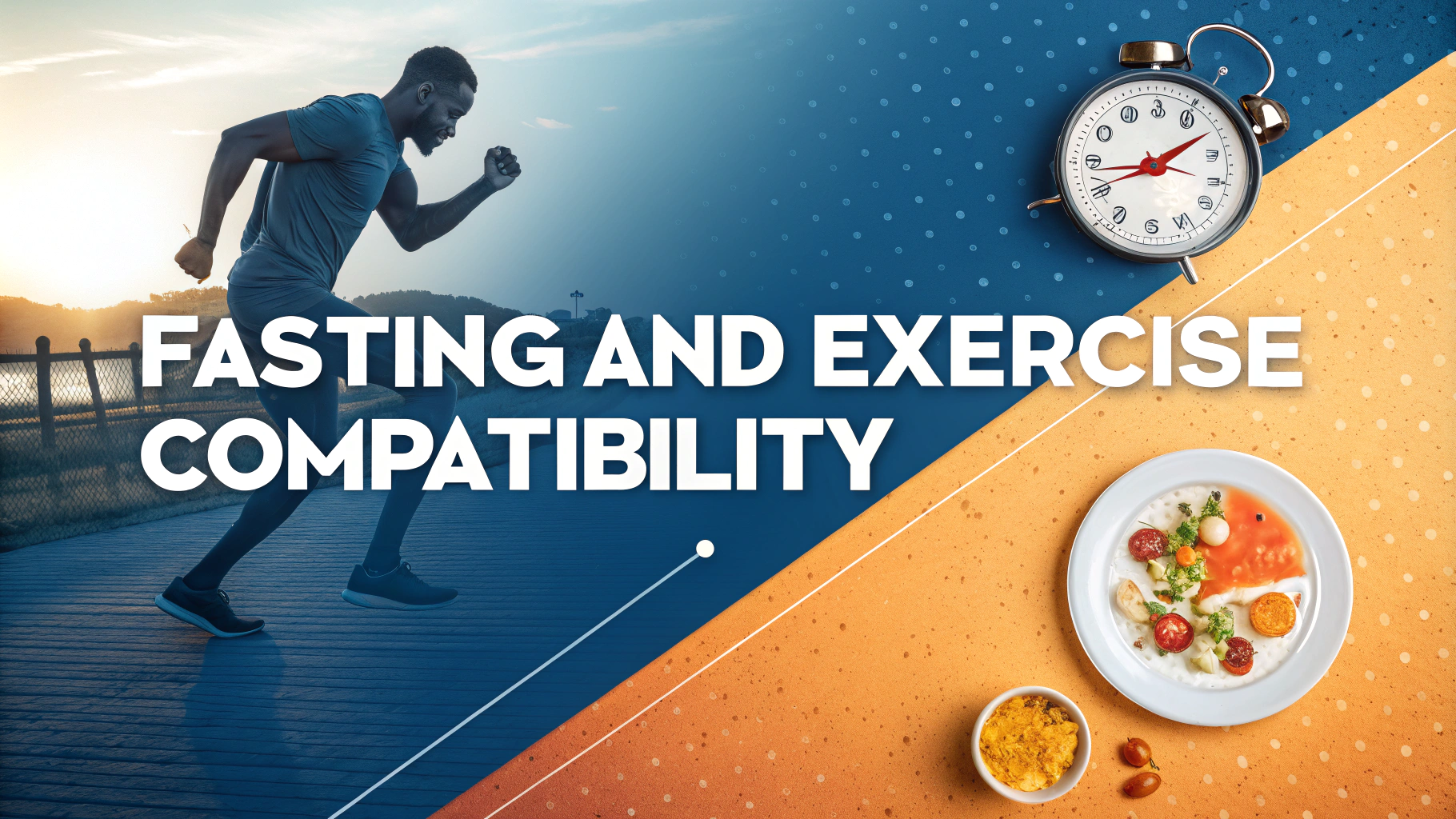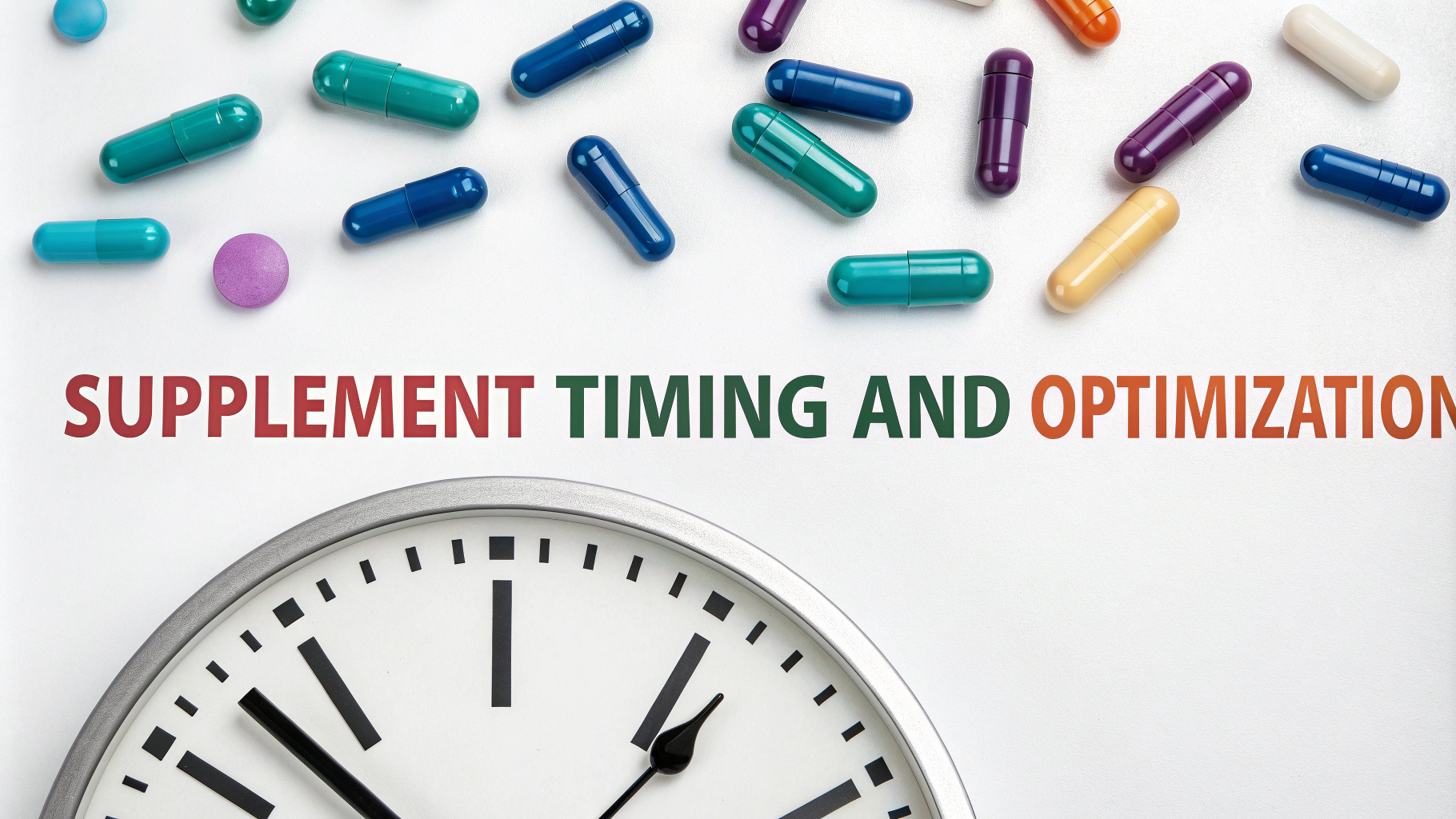Managing fitness goals while maintaining an active social life can feel like walking a tightrope.
This guide offers practical solutions for common social situations that might impact your health and fitness routine.
Dining Out with Friends
- Check restaurant menus online before going out
- Choose grilled or baked options over fried foods
- Ask for dressings and sauces on the side
- Split large portions with friends
Social Events and Alcohol
- Alternate alcoholic drinks with water
- Choose lower-calorie options like vodka soda with lime
- Set a drink limit before going out
- Eat a protein-rich meal before drinking
Weekend Brunches
- Order egg-white omelets with vegetables
- Skip the bottomless mimosas
- Choose whole grain toast over pastries
- Share indulgent items with friends
Office Celebrations
- Bring your own healthy snacks
- Take a small portion of treats
- Position yourself away from the food table
- Suggest healthier alternatives for future events
Travel and Business Trips
- Pack protein bars and healthy snacks
- Book hotels with fitness facilities
- Use bodyweight exercises in your room
- Research healthy restaurants at your destination
Family Gatherings
- Offer to bring healthy dishes
- Focus on protein and vegetables first
- Stay active with family walks or games
- Practice portion control with traditional dishes
Time Management Tips
- Schedule workouts like any other appointment
- Use lunch breaks for quick exercise sessions
- Combine social time with active pursuits
- Meal prep on weekends
Remember that consistency matters more than perfection – aim for balance rather than strict restrictions.
Quick Recovery Strategies
- Drink extra water after social events
- Get back to your routine immediately
- Plan recovery workouts
- Focus on nutrient-dense foods
For personalized advice, consult a registered dietitian or certified fitness professional through the Academy of Nutrition and Dietetics (www.eatright.org) or American Council on Exercise (www.acefitness.org).
Mindset and Planning
- View social events as opportunities, not obstacles
- Plan flexible workout schedules weekly
- Create backup plans for unexpected events
- Find accountability partners within your social circle
Making Active Social Plans
- Suggest group fitness classes
- Organize active meetups like hiking or sports
- Join recreational sports leagues
- Plan walking meetings at work
Managing Peer Pressure
- Practice confident “no thank you” responses
- Explain your goals to close friends
- Suggest alternative activities
- Set clear boundaries for yourself
Long-term Success Strategies
Building Sustainable Habits
- Create morning routines that prioritize health
- Develop stress management techniques
- Track progress through photos and measurements
- Celebrate non-scale victories
Social Support Systems
- Join fitness communities online or in-person
- Share goals with supportive friends
- Find workout buddies
- Connect with like-minded individuals
Balancing fitness goals with social life isn’t about choosing one over the other – it’s about creating a sustainable lifestyle that accommodates both. Success comes from making informed choices, planning ahead, and maintaining flexibility while staying committed to your health journey.
Remember that small, consistent actions compound over time to create lasting results. Focus on progress rather than perfection, and celebrate the positive changes you’re making in both your fitness and social life.
FAQs
- How do I maintain my fitness routine during social events and holidays?
Focus on portion control, choose healthier options when available, schedule workouts early in the day, and don’t skip meals before events. Consider shorter, high-intensity workouts when time is limited. - What strategies can I use to avoid overeating at social gatherings?
Eat a small, protein-rich meal before attending, drink water between alcoholic beverages, use smaller plates, and position yourself away from the food table to minimize mindless snacking. - How can I politely decline unhealthy food without offending the host?
Thank the host while explaining your health goals, offer to bring a healthy dish, or take a small portion to be courteous. Focus on engaging in conversation rather than food. - What are the best workout times when managing a busy social calendar?
Early morning workouts are optimal as they’re less likely to conflict with social events. Alternative options include lunch break workouts or splitting exercise into shorter sessions throughout the day. - How do I balance alcohol consumption with fitness goals?
Limit alcohol intake, alternate with water, choose lower-calorie options like clear spirits with sugar-free mixers, and maintain hydration. Plan recovery workouts for the day after drinking. - What are quick, effective exercises I can do when traveling or attending social events?
Bodyweight exercises like push-ups, squats, planks, and burpees require no equipment and can be done in minimal space. High-intensity interval training (HIIT) provides efficient workouts in short timeframes. - How can I make social activities more fitness-focused?
Suggest active social gatherings like hiking, dancing, sports activities, or walking meetings. Organize group fitness classes or active charity events with friends. - What should I eat before and after social events to stay on track?
Before events, eat protein and fiber-rich foods to maintain satiety. After events, focus on lean proteins and vegetables to offset any excess calories consumed. - How do I handle peer pressure around food and exercise choices?
Set clear boundaries, communicate your goals confidently, suggest alternative activities, and find like-minded individuals who support your healthy lifestyle choices. - What’s the best way to get back on track after a social event disrupts my routine?
Return to your regular routine immediately, don’t punish yourself with extreme measures, stay hydrated, focus on nutrient-dense foods, and maintain your regular exercise schedule.

